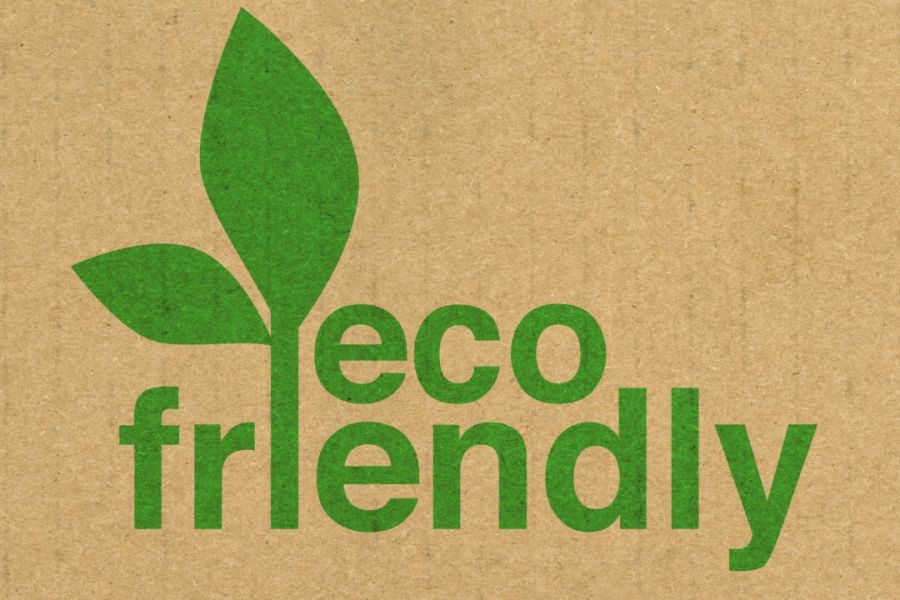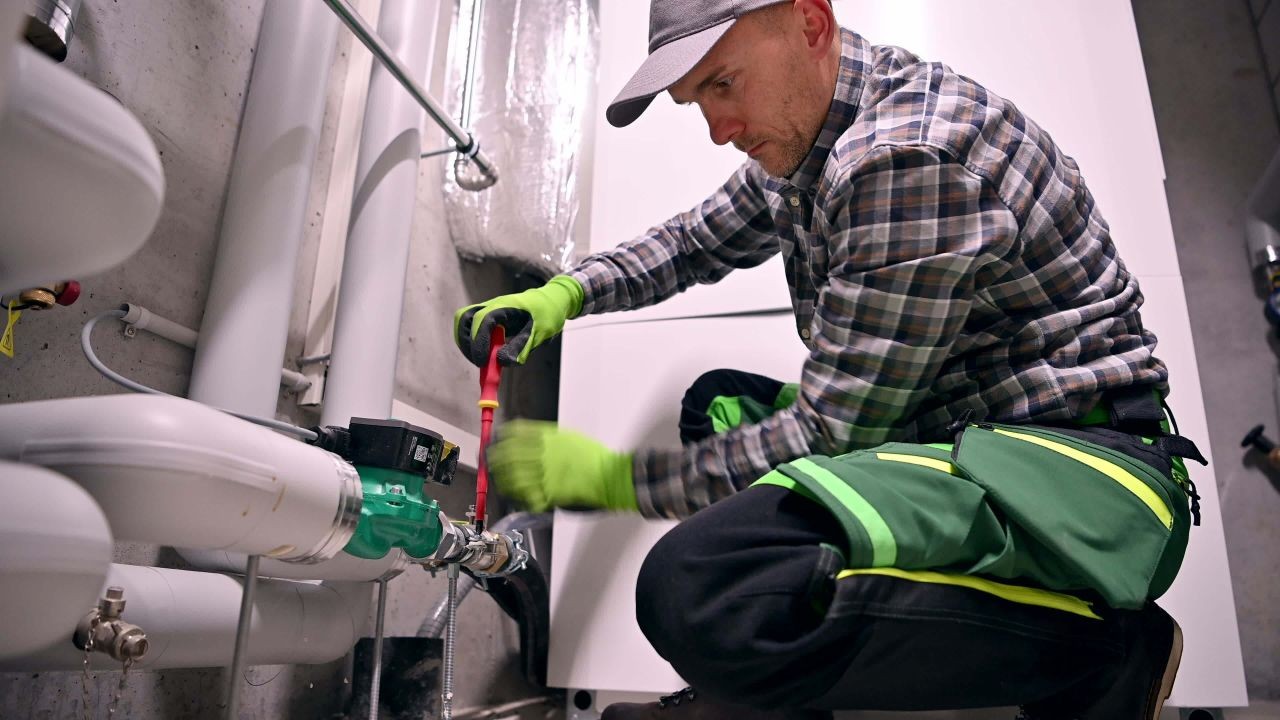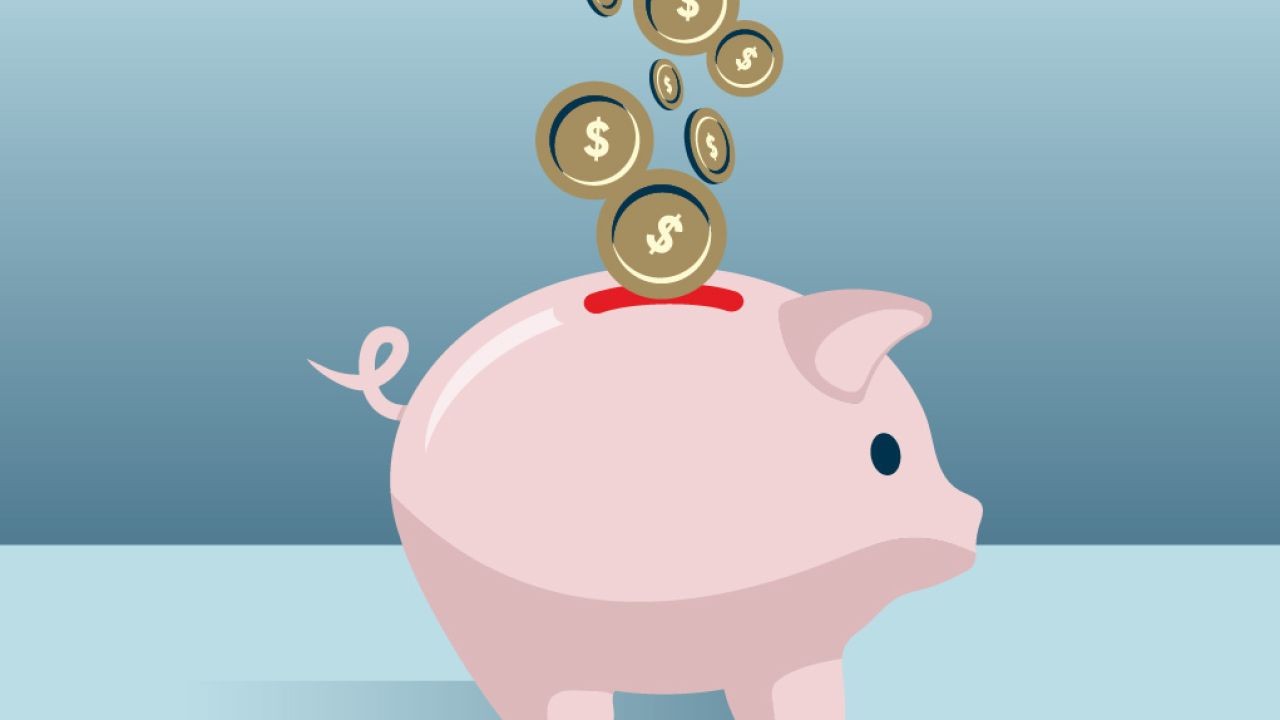New Zealand, renowned for its pristine landscapes and commitment to sustainability, presents a unique opportunity for individuals and businesses alike to lead eco-friendly lives. As climate change becomes an increasingly pressing issue, the need for sustainable practices is more crucial than ever. This article delves into actionable, data-backed strategies to foster eco-friendly habits in New Zealand, considering local industries, policies, and economic implications.
Understanding the New Zealand Context
New Zealand has long been recognized for its proactive environmental policies. The nation aims to achieve net-zero carbon emissions by 2050, a goal supported by the Zero Carbon Act. According to Stats NZ, 60% of New Zealanders are concerned about climate change, reflecting a strong public mandate for sustainability initiatives.
The Role of New Zealand’s Industries in Eco-Friendly Living
New Zealand's economy is heavily reliant on agriculture, tourism, and forestry—industries that both impact and are impacted by environmental policies. The Ministry of Business, Innovation and Employment (MBIE) reports that sustainable practices in these sectors can significantly reduce carbon footprints while boosting economic resilience. For instance, sustainable farming practices could not only preserve natural resources but also open up access to higher-value international markets.
Simple Steps to an Eco-Friendly Lifestyle
Living sustainably in New Zealand doesn't require drastic lifestyle changes. Here are some simple, impactful steps:
- Reduce, Reuse, Recycle: While recycling is widespread, reducing consumption and reusing materials can further decrease waste.
- Support Local Businesses: Buying local reduces carbon emissions from transportation and supports the local economy.
- Conserve Water: With water scarcity issues arising, mindful water use is essential.
- Opt for Renewable Energy: New Zealand’s abundant wind and solar resources make renewable energy a feasible option for households.
- Embrace Public Transport: Using public transportation reduces individual carbon footprints significantly.
Case Study: Z Energy’s Renewable Diesel Initiative
In a bid to reduce New Zealand's reliance on fossil fuels, Z Energy launched a renewable diesel initiative using waste fats and oils. This project not only reduces emissions but also provides a sustainable alternative to traditional fuels. As a result, Z Energy has seen a 20% reduction in carbon emissions from its operations, setting a precedent for other companies.
Expert Insights: The Economic Impact of Sustainable Practices
Dr. Jane Smith, an environmental economist at the University of Auckland, highlights, "Sustainability isn't just about ethics; it's economically viable. Businesses adopting sustainable practices see improved operational efficiencies and brand loyalty, translating into better financial performance." Supporting this, a PwC report indicates that 75% of consumers in New Zealand prefer purchasing from sustainable brands.
Pros and Cons of Living Eco-Friendly
Pros:
- Cost Savings: Reducing energy use and waste leads to significant savings.
- Health Benefits: Eco-friendly practices often involve healthier lifestyle choices.
- Enhanced Reputation: Businesses engaging in sustainable practices enjoy better market differentiation.
Cons:
- Initial Costs: Switching to renewable energy or sustainable products can involve upfront costs.
- Limited Options: In some regions, there may be limited access to eco-friendly products and services.
Common Myths about Eco-Friendly Living
Myth 1: “Eco-friendly living is expensive.”
Reality: While initial investments might be higher, long-term savings are significant. Energy-efficient appliances and reduced consumption lead to lower utility bills.
Myth 2: “Sustainable products are of lesser quality.”
Reality: Many sustainable products meet or exceed the quality of traditional options, as they are often made with premium materials and craftsmanship.
Future Trends in New Zealand’s Sustainability Landscape
By 2030, it is projected that 50% of New Zealand’s energy will come from renewable sources, according to the International Renewable Energy Agency. This shift will not only reduce environmental impact but also stimulate economic growth through new jobs in the renewable sector.
Conclusion
New Zealanders are uniquely positioned to lead the way in sustainable living, leveraging local resources and innovative practices. By adopting eco-friendly habits, individuals can contribute to a more sustainable future while enjoying economic benefits. What's your next step toward sustainability? Share your thoughts and join the conversation!
People Also Ask
- How does eco-friendly living impact businesses in New Zealand? New Zealand businesses adopting eco-friendly practices report a 20% increase in consumer loyalty, enhancing their market position.
- What are the biggest misconceptions about eco-friendly living? One common myth is that eco-friendly products are expensive, but long-term savings and benefits outweigh initial costs.
- What upcoming changes in New Zealand could affect eco-friendly living? By 2026, new policies in renewable energy are expected to make sustainable options more accessible, fostering eco-friendly practices.
Related Search Queries
- Eco-friendly living tips New Zealand
- Sustainable business practices in NZ
- Renewable energy options NZ
- New Zealand Zero Carbon Act
- Sustainable farming NZ
- Water conservation tips NZ
- Z Energy renewable initiatives
- Environmental policies in New Zealand
- Benefits of buying local NZ
- Recycling programs in NZ


































cvifibroidcenter
8 months ago